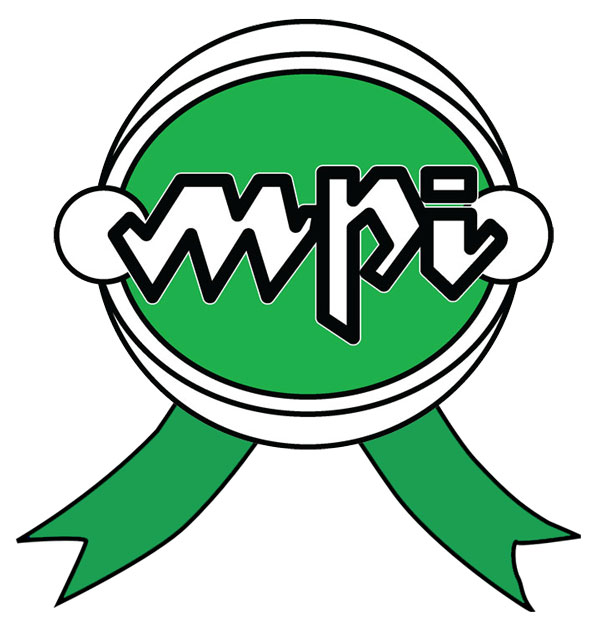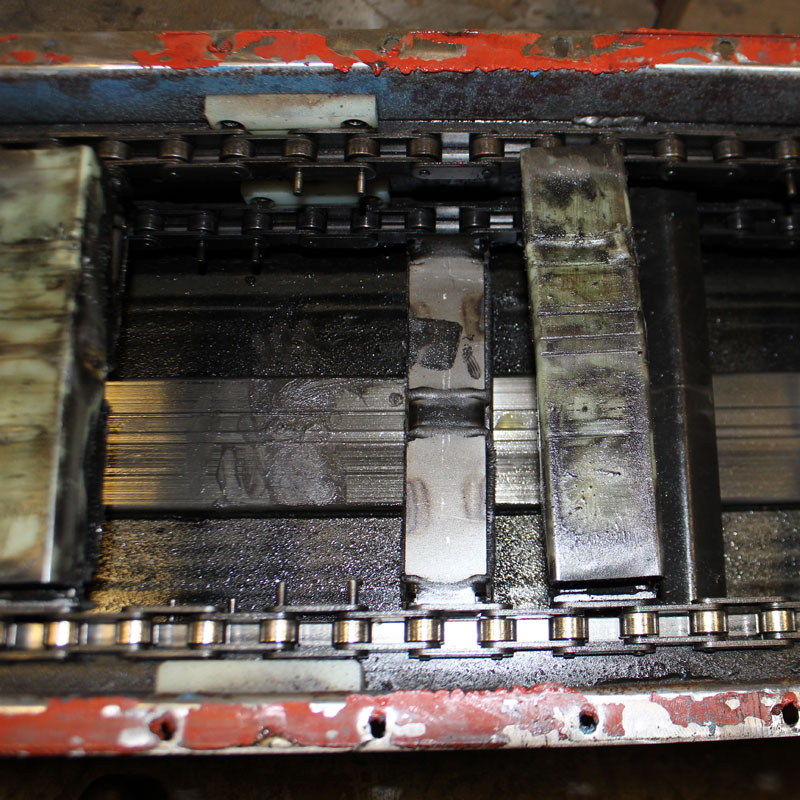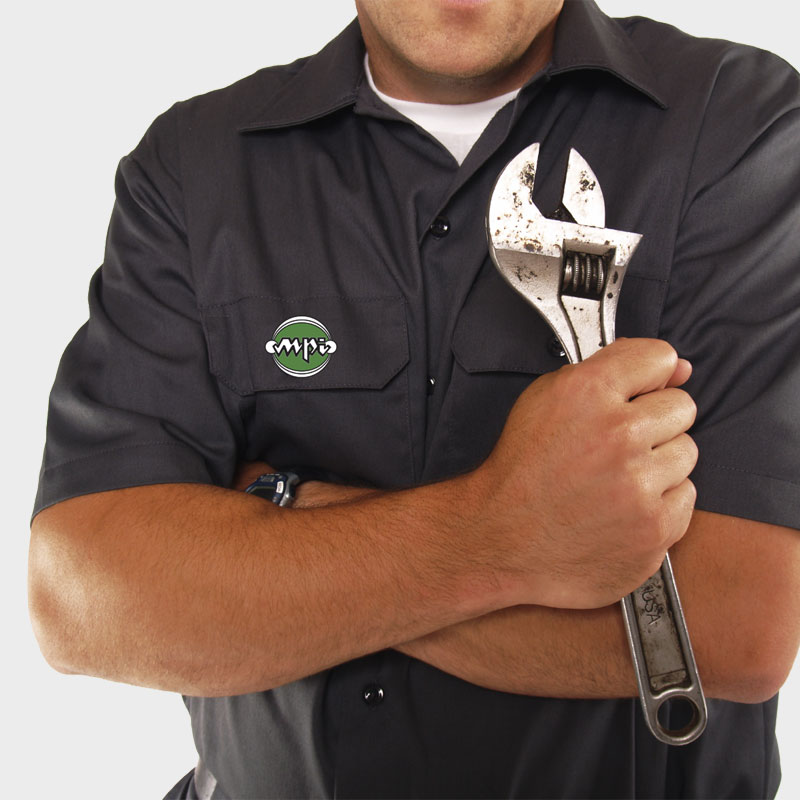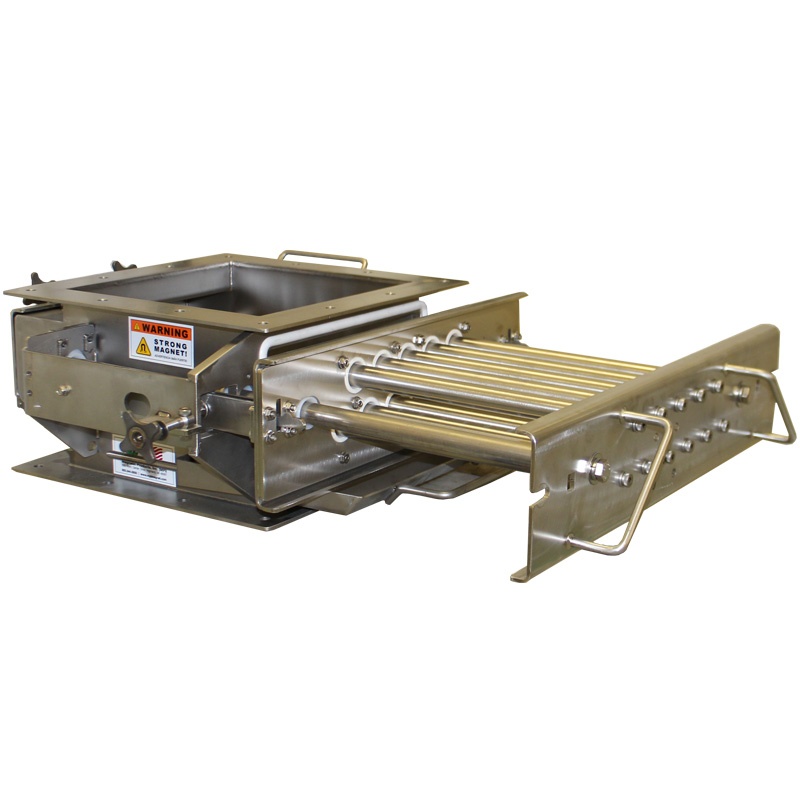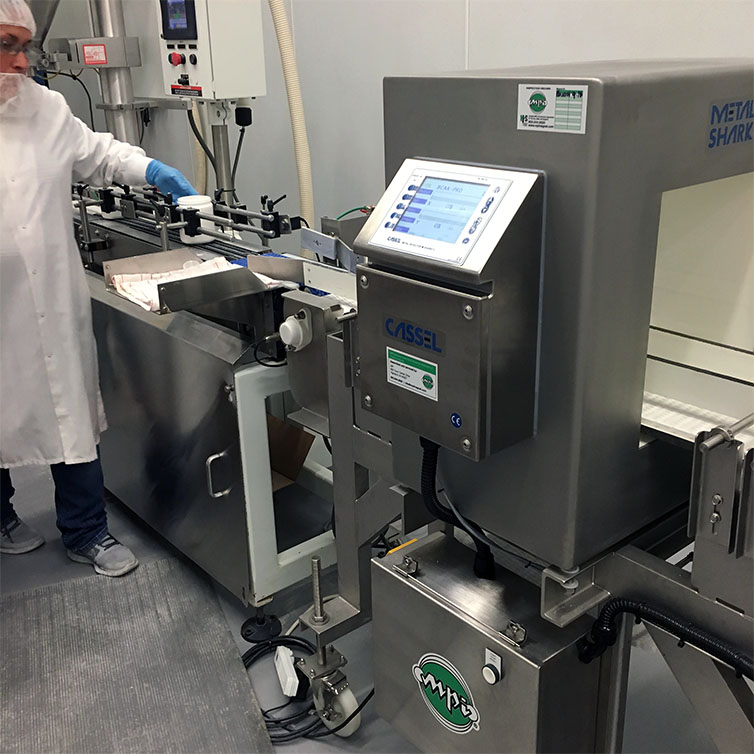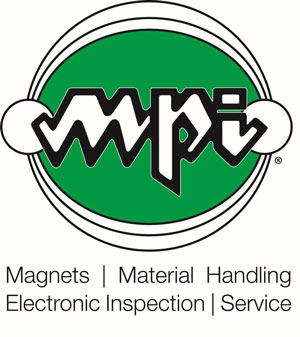Food Modernization Act
Highland, MI (October 2, 2013) – Many doctors like the phrase, “prevention is the best medicine.” If you take the necessary precautions, it can help you avoid ailments like hypertension or liver disease. The concept, however, applies to more than just the medical field. At the beginning of 2011, President Obama implemented the same idea when he signed the Food Safety Modernization Act (FSMA). The goal of this reform is to make the U.S. food supply safer by focusing on preventing contamination instead of responding to it after it happens.
Improving food supply safety requires refinement in many different areas of the overall system. Companies that process foods will now have to evaluate, monitor, and mitigate any potential hazards in their operations. The FDA will also be using more effective enforcement methods to make sure the companies are doing their part correctly.
Another requirement outlined by the reform is that all high-risk facilities in the U.S. have to be inspected by the FDA by 2016 and every three years (or less) after that. When food is imported from other countries, the FDA requires the importers to verify the quality of the food. The FSMA will also push existing agencies from the federal, state, and local levels to work together much more closely.
Magnetic Products CEO, Keith Rhodes states that “the most significant point of this new law is that the federal government is taking this unprecedented action to ensure the food quality and safety in the USA. This law goes into aspects of how food growers, producers, and packaging companies conduct their business where in the past this has been done based on a variety of self-governed programs such as HAACP, TQM, GMP and on and on with BRC most recently the most expansive standard to date. These programs have enabled the USA to provide world-class quality foods to the global marketplace while still keeping in mind they are in business to make a profit for sustainability.”
Although the act was signed more than two years ago, its implementation is still in process. As the FDA further implements the new initiatives, we hope that food safety and industry profitability are both positively influenced.
About Magnetic Products, Inc.:
Based in Metro-Detroit Michigan, MPI designs, manufactures and services magnets, material handling and electronic inspection systems. MPI products are designed to be complete metal and foreign contamination control solutions for the food production and related industries. MPI’s equipment and service programs help its customers minimize downtime and protect brand integrity by offering safe and reliable equipment. MPI leads the industry by continuously engineering inventive products, advancing customer education through significant investments in research and development, and proactive product training. All MPI equipment is backed by its best in class service programs, customer service team, and support team. MPI interacts closely with its customers and expands its offerings to meet the changes of a dynamic and ever-changing marketplace.
For further information, visit www.mpimagnet.com.


